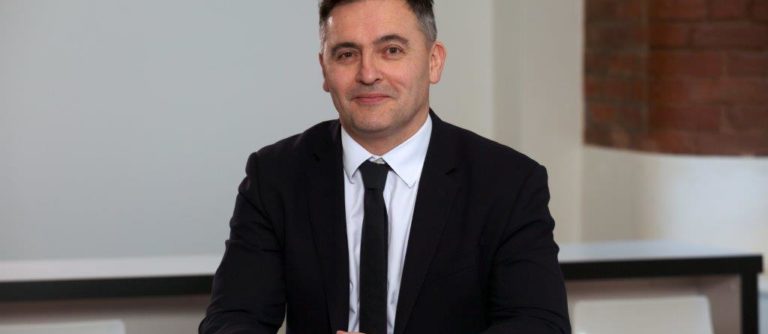Introduction
On 1 April 2020 the Supreme Court handed down two significant decisions: Barclays Bank plc v Various Claimants [2020] UKSC 13 (“Barclays”) and WM Morrison Supermarkets plc v Various Claimants [2020] UKSC 12 (“Morrisons”).
Although the Supreme Court held that the law has not changed, both cases mark a departure from the increasing scope of vicarious liability (VL) and help provide some certainty.
VL is a doctrine that holds employers liable for wrongdoings committed by employees through the course of their employment.
It is particularly important in civil claims for damages, where it is a common practice for claimants to target the parties with the deepest pockets – usually the employer and its insurance policy.
In order to impose VL, two elements are typically needed:
a) an appropriate relationship between the employer and the wrongdoer; and
b) that the wrongdoing was committed within this relationship
Barclays
In Barclays, Dr Bates was a doctor who worked for a variety of hospitals and insurance companies. He also carried out medical assessments for prospective employees for Barclays Bank plc. Applicants would be told by Barclays that they had to pass a medical examination, and Barclays would arrange the appointments with Dr Bates. Dr Bates was not paid a retainer, but was paid for each report.
Many of the examinees now allege that Dr Bates (now deceased) sexually assaulted them during these examinations and sought to hold Barclays liable under VL. The Supreme Court disagreed.
It was held that there was a distinction between work done for an employer as part of their business and work done by an independent contractor as part of their own business – the crux was whether the wrongdoer was carrying on business on their own account.
The court held that Dr Bates was not sufficiently akin to an employee of Barclays. He carried out work for them, but was not on retainer and was free to refuse work.
Morrisons
In the Morrisons case, an employee published personal information about other Morrisons employees online. He did this because he held a grudge against Morrisons following a disciplinary hearing. Initially, the Court of Appeal held that this action fell within VL but the Supreme Court held that the lower courts had misunderstood VL.
The Supreme Court found that the disclosure of the information was not part of the wrongdoer’s field of activities, that the unbroken chain of causation was insufficient and that motive was highly relevant.
It was also found that the fact that the wrongdoer’s employment gave him the opportunity to commit the wrongdoing was not enough to impose VL.
The wrongdoer was clearly not trying to further his employees business, and the wrongdoing was not closely connected with the job he was authorised to do.
What does this mean?
Barclays examines the kind of relationships which allow VL to be imposed, making it clear that an employer cannot be held accountable for the actions of self-employed contractors.
Morrisons illustrates that VL will not be imposed simply because the wrongdoing is similar to the authorised job. It is also reassuring to know that a ‘personal vendetta’ by an employee will not result in a liability and potential civil claims.
Both of these cases are ultimately good news for employers and help clarify the law surrounding vicarious liability.
Contact details:
Paul Jonson
Senior Partner
T (0)7737 571147
E paul.jonson@pannonecorporate-com.stackstaging.com


